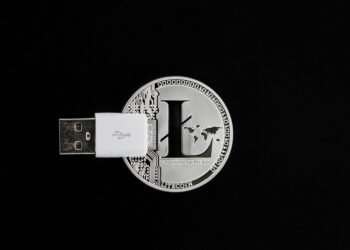Smart contracts are revolutionizing the way contractual agreements are made and executed, paving the way for a more efficient and secure process. Traditionally, contracts are paper-based agreements that require signatures and are often subject to human error and manipulation. However, with the advent of blockchain technology, smart contracts are changing the game by automating and digitizing the contract process.
So, what exactly are smart contracts? Simply put, smart contracts are self-executing contracts with the terms of the agreement directly written into lines of code. These contracts run on blockchain technology, a decentralized and secure network of computers that record and verify transactions. Smart contracts eliminate the need for intermediaries, such as lawyers or brokers, as they automatically execute when certain conditions are met. This not only streamlines the contract process but also reduces the risk of fraud and eliminates costly errors.
One of the key features of smart contracts is their transparency and immutability. Because they are stored on a blockchain, all parties involved in the contract can access and verify the terms of the agreement at any time. This ensures that there is no room for dispute or misinterpretation, as the terms of the agreement are clearly outlined in the code. Additionally, once a smart contract is deployed, it cannot be altered or tampered with, providing a high level of security and trust in the agreement.
Smart contracts are also disrupting traditional contractual agreements by enabling faster and more cost-effective transactions. With smart contracts, parties can execute agreements in a matter of minutes, as opposed to days or weeks with traditional contracts. This not only saves time but also reduces the need for paperwork and manual processing, saving both parties money in the long run.
Furthermore, smart contracts are versatile and can be used in a wide range of industries and applications. From real estate transactions and supply chain management to insurance claims and voting systems, smart contracts have the potential to revolutionize the way we conduct business and interact with each other. They offer a secure, efficient, and transparent solution to traditional contract processes, ultimately leading to a more streamlined and trustful system.
In conclusion, smart contracts are disrupting traditional contractual agreements by providing a more efficient, secure, and cost-effective alternative. With their transparency, immutability, and versatility, smart contracts are changing the way contracts are made and executed, paving the way for a more streamlined and trustworthy process. As more industries adopt this technology, we can expect to see a significant shift in how agreements are made and enforced in the future.








